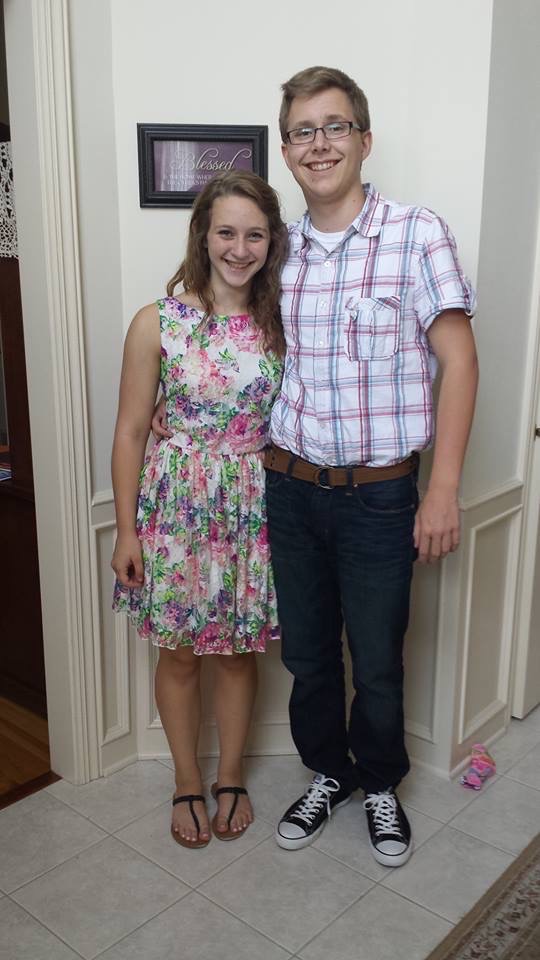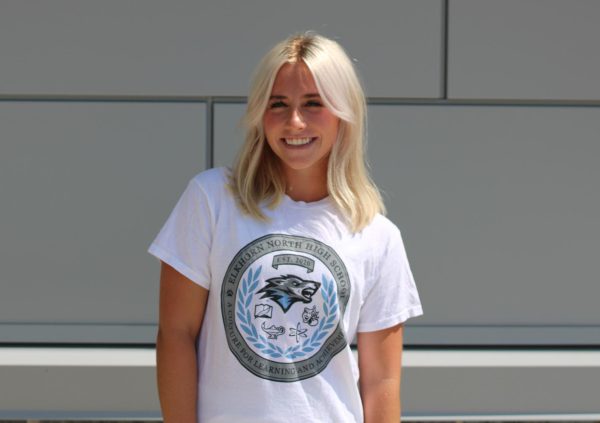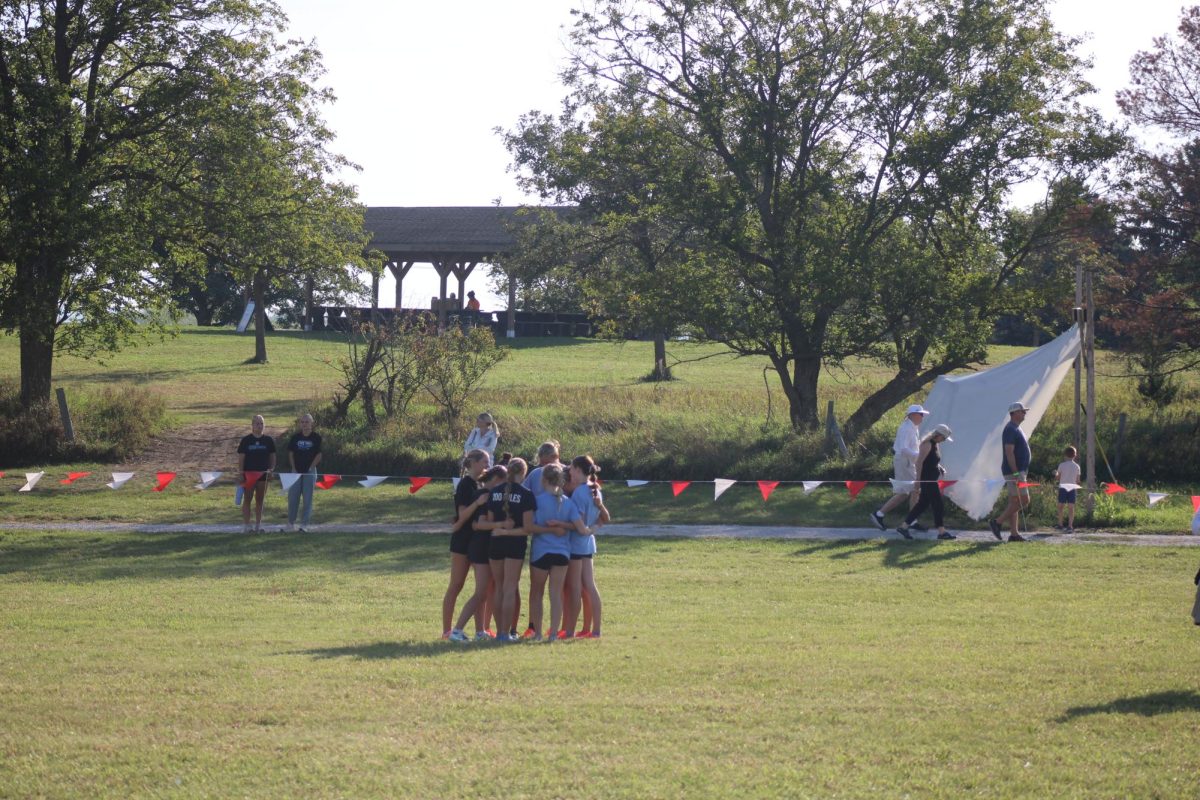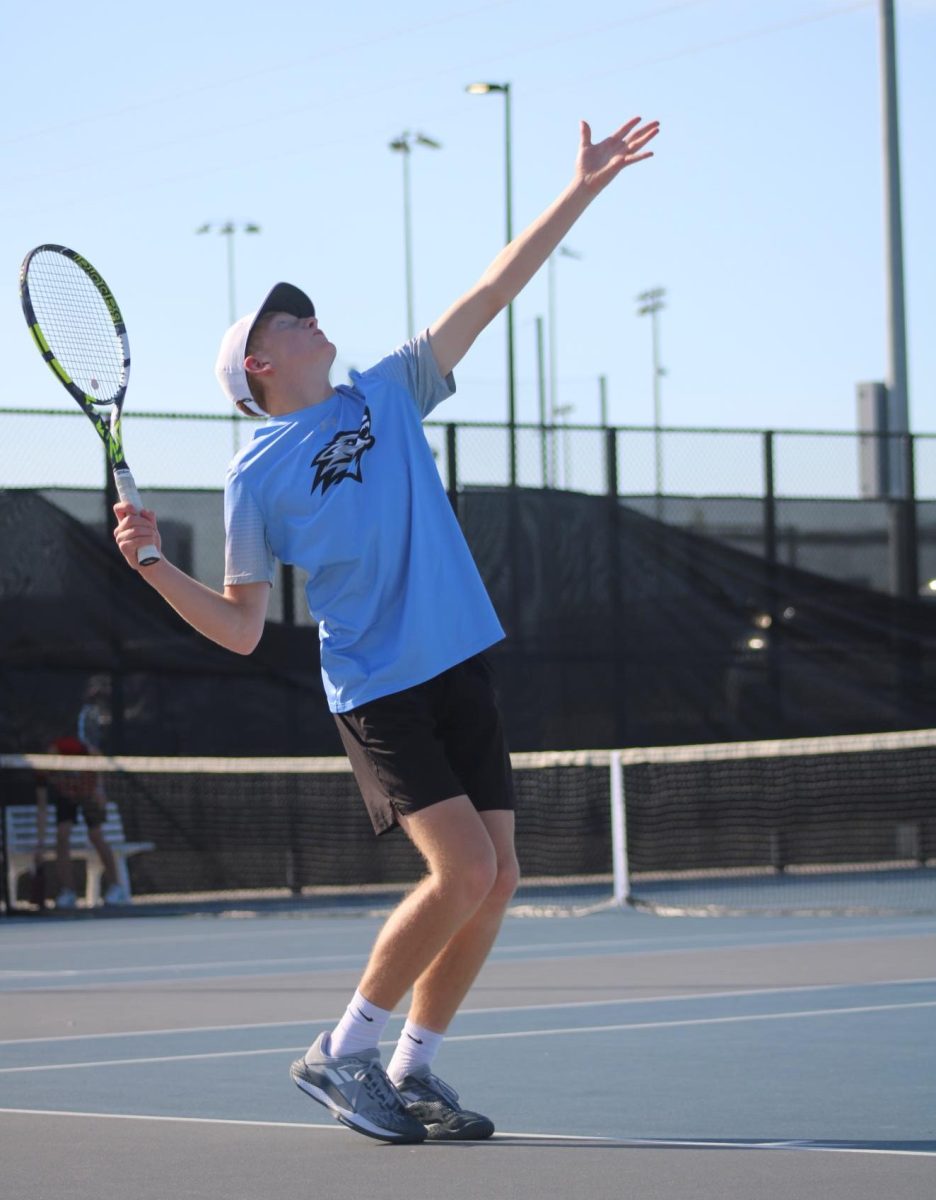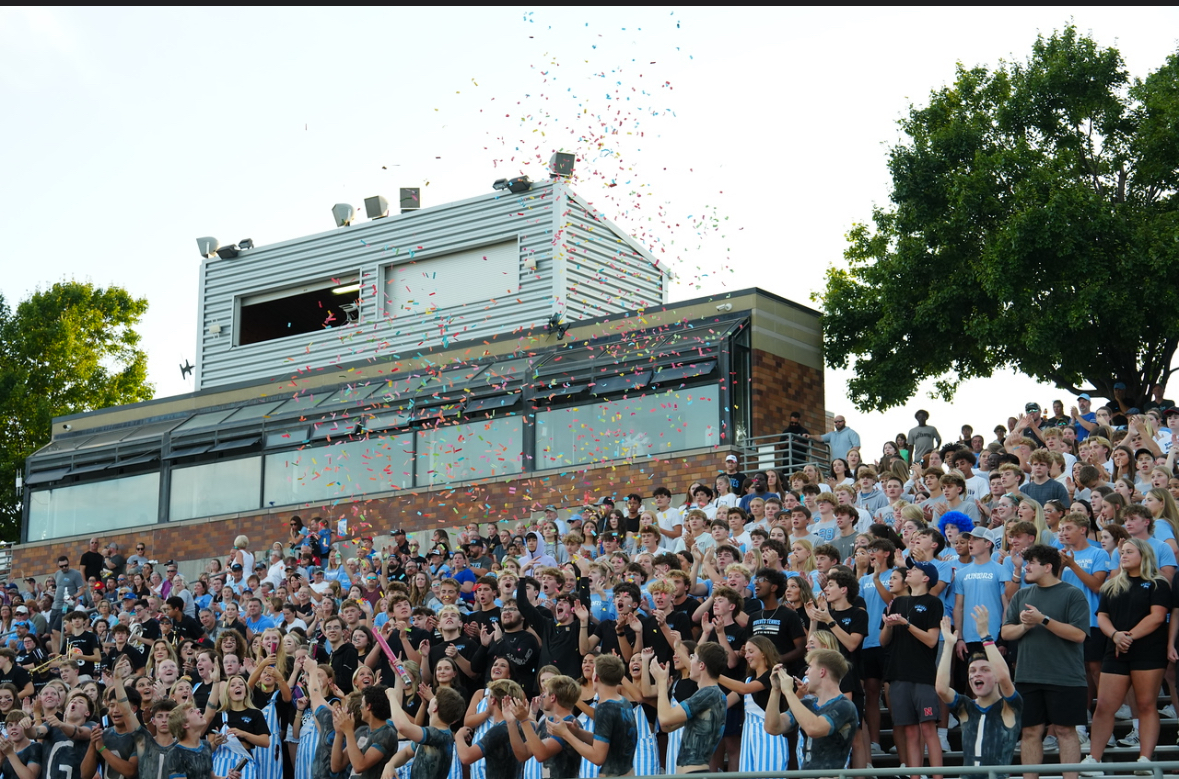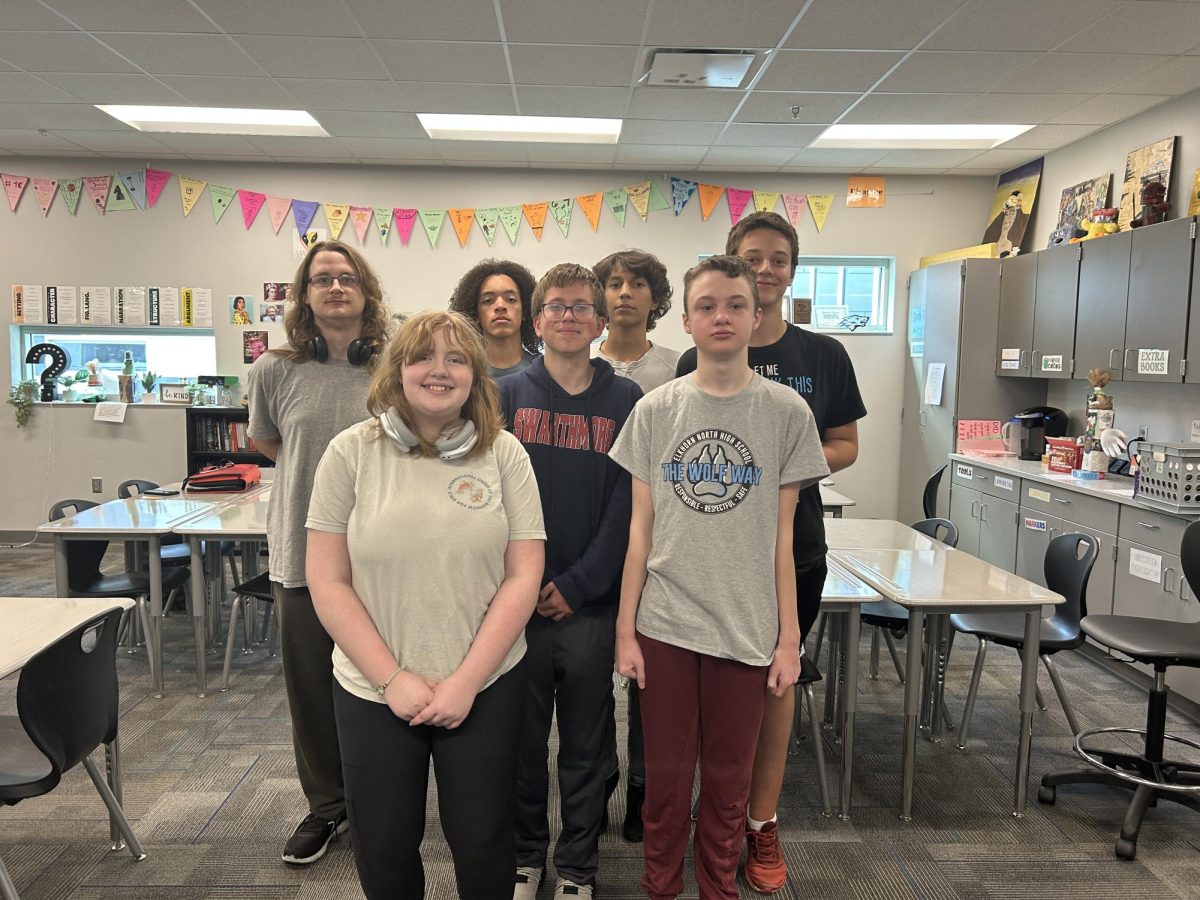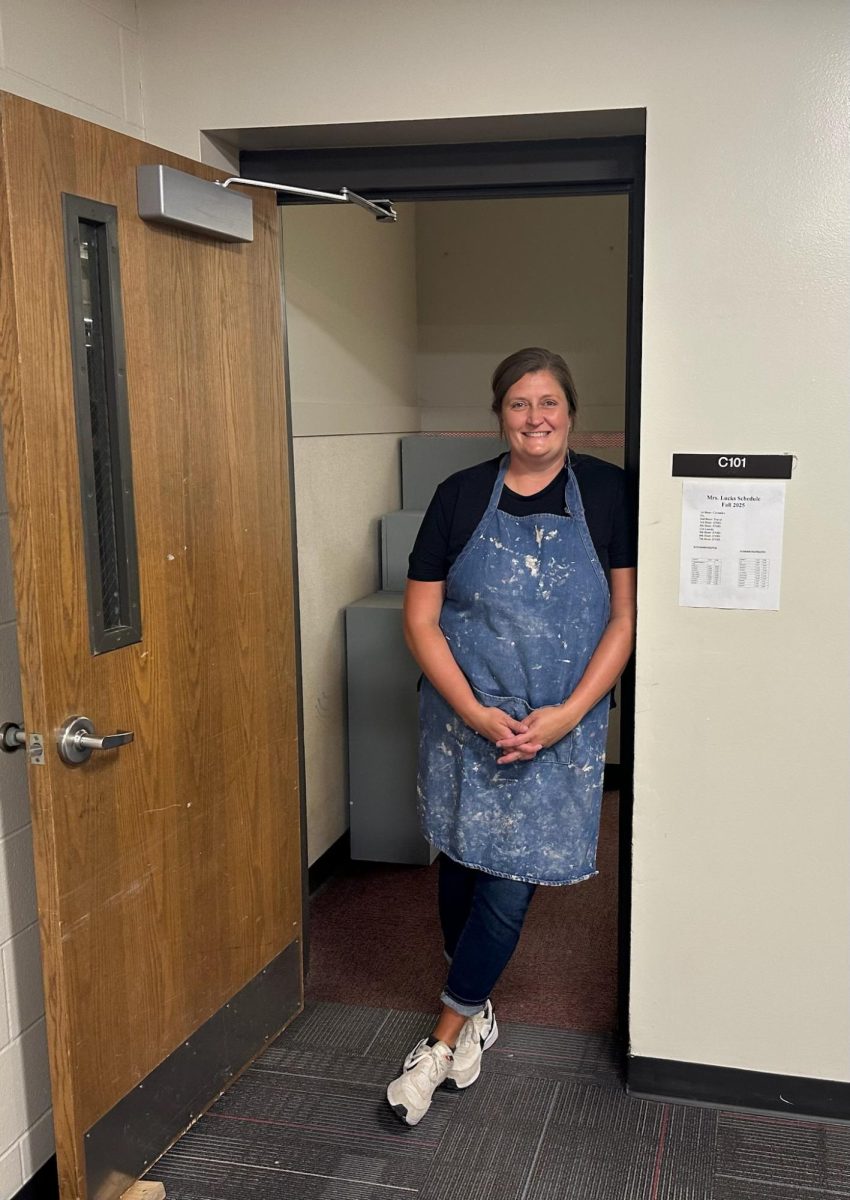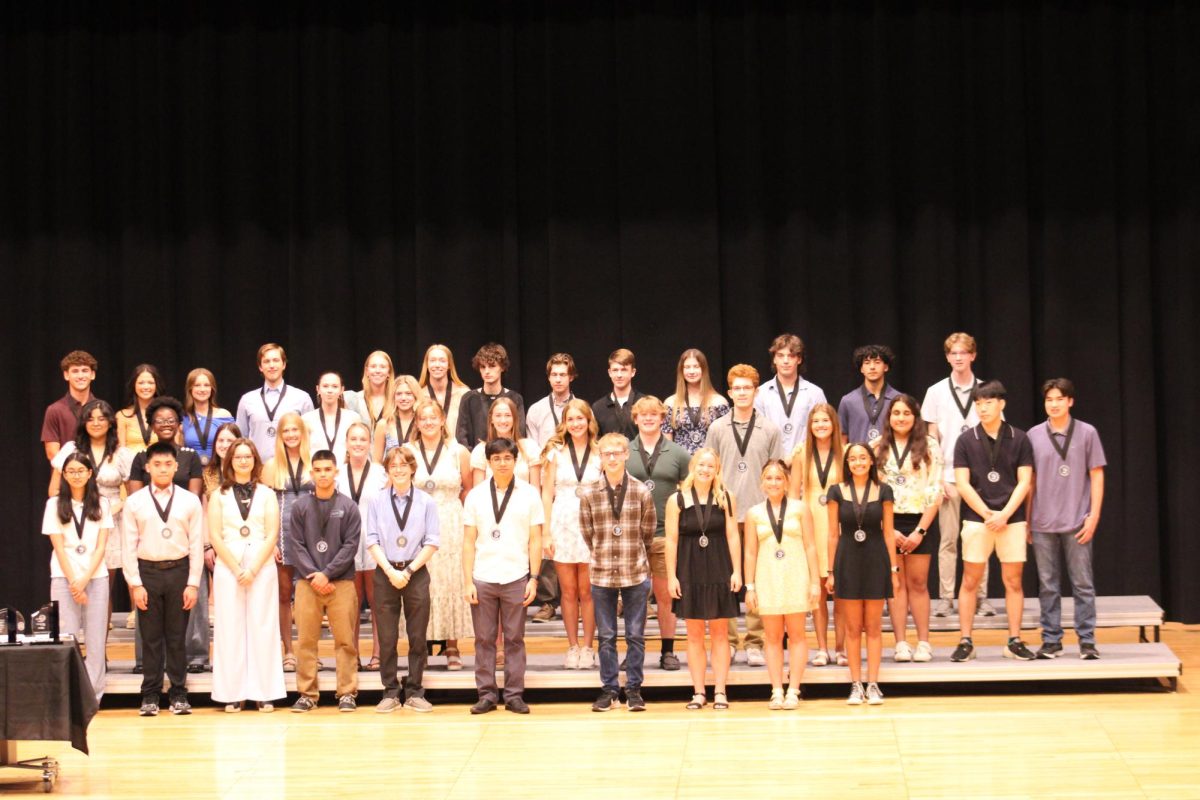Each person has their own experience with relationships: some marry their high school sweetheart, others meet in a college classroom, and some find their person later in life.
High school students have only experienced so much, so advice from people who have already gone through it can be valuable to the adolescents struggling to navigate relationships.
Few are fortunate enough to end up married to their high school sweetheart and avoid heartbreak, but those who do can attest to the communication and effort needed to make it work.
“It has to be a mutual decision,” English teacher Amanda Hayworth said. “You also have to give your other person the freedom to grow and change because no one is the same person they were when they were 16.”
Hayworth met her husband Andrew when they were both freshmen in high school, and they began dating sophomore year. While they graduated high school at the same time, they didn’t attend the same college; Hayworth attended University of Nebraska-Omaha and her husband went to Northwest Missouri State. While the couple was two hours apart, they continued dating and learned how to communicate and maintain a relationship over long-distance.
“We both let each other make the choice that was best for us at the time,” Hayworth said. “He ended up moving back the next year, so we ended up in the same place, but it wasn’t intentional.”
High school relationships build a foundation for future partnerships and have a lasting effect on later ones. People can learn a lot about themselves from relationships including Jesse Lichtenberg, school psychologist, who met his wife in a graduate class.
“I learned from all of my relationships a little bit at a time,” Lichtenberg said. “More about the things that I brought to a relationship and what I needed to work on or change and improve.”
When couples meet, they often come in with different backgrounds, personalities, and experiences, which brings diversity to the relationship. These differences can be beneficial if both partners are willing to adapt and communicate.
“[My wife] is from a military background and has lived everywhere, while I was Nebraska born and raised,” Lichtenberg said. “Not knowing each other beforehand was a good thing.”
One key to a good relationship, especially when coming from different backgrounds, is to have shared interests. This can give couples something to do together, though it is crucial that they have their own hobbies and interests in order to maintain their individuality.
“Don’t put your partner in a box and allow them to grow and change to figure out who they are,” Hayworth said. “You also have to figure out who you are together and choose to not give up.”
One factor that is constant in successful relationships is communication. Both parties must communicate their feelings, priorities, and values. Communication mitigates arguments and promotes stability.
“You absolutely have to talk,” Lichtenberg said. “If you’re not able to communicate your wants and needs, you’re not going to be ready to listen to somebody else’s.”
Relationships end for a variety of reasons, though there is usually something to learn from it. Relationships at a younger age tend to be more care-free and less serious often allowing for a breakup to be a lesson rather than life changing.
English teacher Teresa Huber met her spouse in college, and their relationship ended due to the declining health of her partner. The divorce resulted in Huber raising her children on her own.
“When you’re young, you are pretty focused on the attention that you want from somebody,” Huber said. “You want them to say nice things about you and buy you flowers.”
As couples get older, kids, work, finances, and health can become issues in a relationship and it’s no longer just about them being your “best friend.” The realities of life can derail a relationship, and contribution from both partners is needed to work through it.
“Health is a thing that you don’t think about in a relationship and the roles it can play,” Huber said. “Your health is what it is, and if they don’t have that it’s really hard for them to focus on any needs beyond that.”
While high school relationships often do not have to face daunting challenges such as the declining health of a partner or job loss, the ability to forgive a person and communicate when it doesn’t work out is essential. Some couples are able to overcome such challenges and other times parting ways is for the best.
“So many times people think in divorce there’s a good guy and a bad guy,” Huber said. “It’s not that at all though, it’s interesting how relationships can change.”
Some students will look back on their high school relationships and laugh, others will marry their high school sweetheart, and some will regret not spending enough time with their friends. Whether the relationship ends in high school, later in the future, or never, there are lessons to learn and choices to make.
“At the end of the day, in theory only one or two relationships, depending on your life, will work out,” Lichtenberg said. “Try not to look back at it with rose colored glasses. Remember the good things, but also learn from the bad things.”




